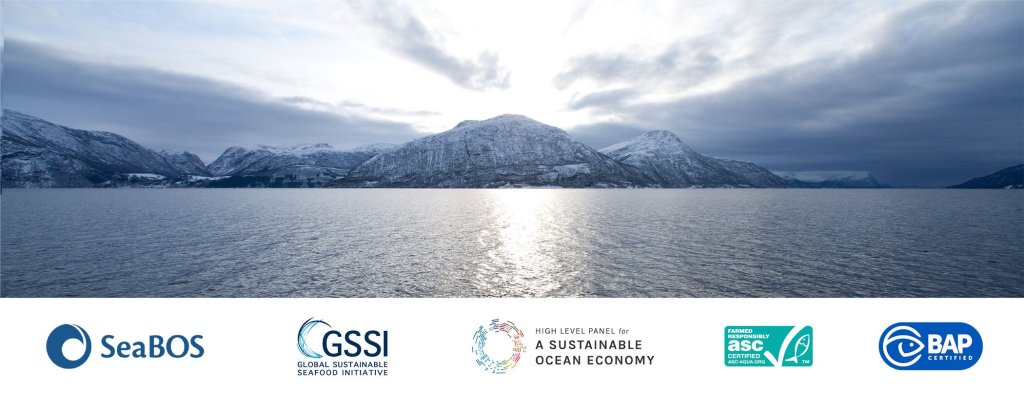Savor some salmon, save the planet: How one company is leading a ‘Blue Revolution’
Published 12:15 pm Monday, June 20, 2022

- Sustainability Certifications
In a world of unsustainable food production, one company is challenging the status quo in the seafood category while producing delicious, healthy and sustainable salmon through a long-term strategy they call “Leading The Blue Revolution.”
Mowi is a farm-raised Atlantic salmon producer that supplies fish globally. Their corporate ethos rests on the belief that by farming the ocean, they can sustainably produce nutritious and affordable food for society at large.
Mowi’s goal with their Blue Revolution Plan is simple: Produce more fish for a growing world population — in a way that respects our planet.
“Currently, the world is facing global challenges such as climate change and plastic pollution,” says Catarina Martins, chief sustainability officer at Mowi. “The Blue Revolution Plan will help us to focus on being part of the solution to those challenges where we operate an eco-efficient value chain and raise our salmon in harmony with nature.” Mowi sees increased seafood consumption as part of the solution to climate change.
And their efforts are already being noticed. In the Coller FAIRR Protein Producer Index for 2021, Mowi was ranked the most sustainable animal protein producer in the world for the third time in a row. In the 2021 Seafood Stewardship Index, Mowi was ranked No. 2 by the World Benchmarking Alliance, which ranks 30 of the world’s most influential seafood companies on their commitments, transparency and performance to meet the United Nations’ Sustainable Development Goals.
But first, feed
Mowi’s sustainability strategy is built around a tasty and nutritious product, financial responsibility and transparency, and taking care of the planet and its people. One of the ways they are bringing positive change is through the use of better fish feed. Currently, 100% of their feed raw materials are traceable, meaning they are able to track everything from the origin of the feed all the way to the consumer — allowing for control and correction in future processes, which has already lowered their carbon footprint.
The result is tastier, healthier and more colorful Atlantic salmon. And according to Mowi, more consumption of “blue foods” may reduce the consumption of terrestrial meats, therefore reducing diet-related chronic diseases like hypertension, obesity and certain types of cancer.
Freshwater’s impact
In using a controlled freshwater environment to raise their salmon, Mowi can keep high hygienic standards in their processing plants while continuing to invest in technology and innovation. In three years’ time, they aim to reduce their water usage by 10%. Still, Mowi notes that blue foods have lower freshwater and land use compared to terrestrial meats.
A better, cleaner future
By the year 2025, Mowi is committed to the use of 100% reusable, recyclable and compostable plastic packaging, all farming plastic equipment to be reused or recycled, and zero waste production at their processing plant.
While their strategy is a lofty one, Martins is confident in Mowi’s future success. “In committing to leading the Blue Revolution, we have set the bar high. And while our sustainability targets will not be achieved overnight, they will be achieved through key innovations, partnerships and a shared vision.”
For more information, visit mowi.com.




